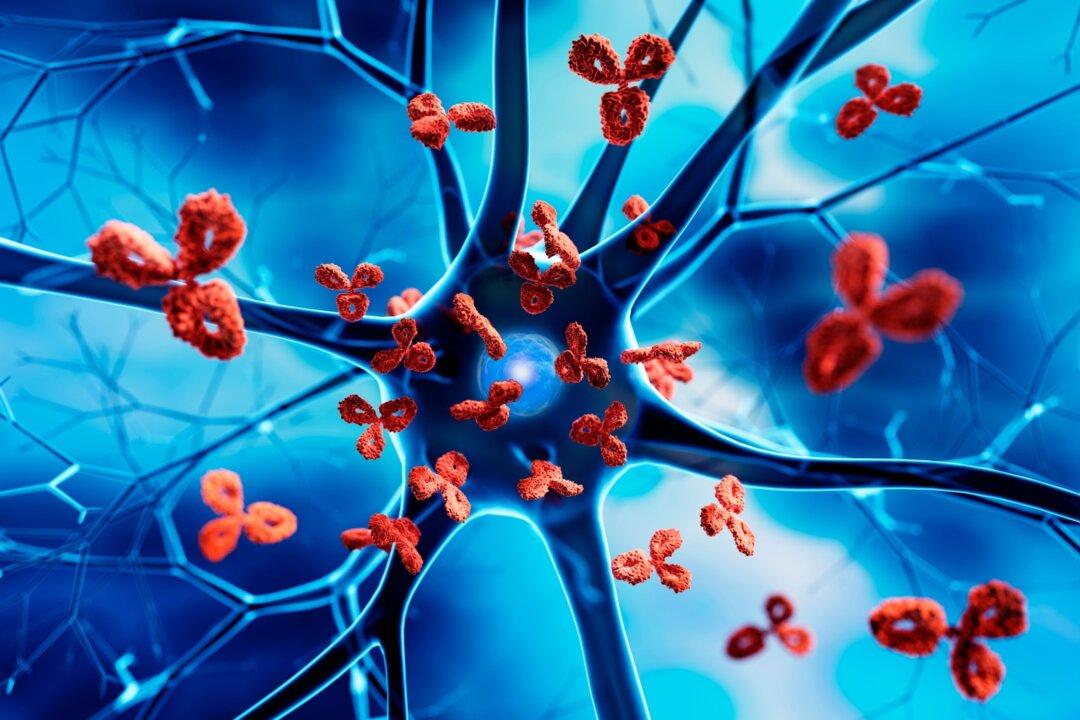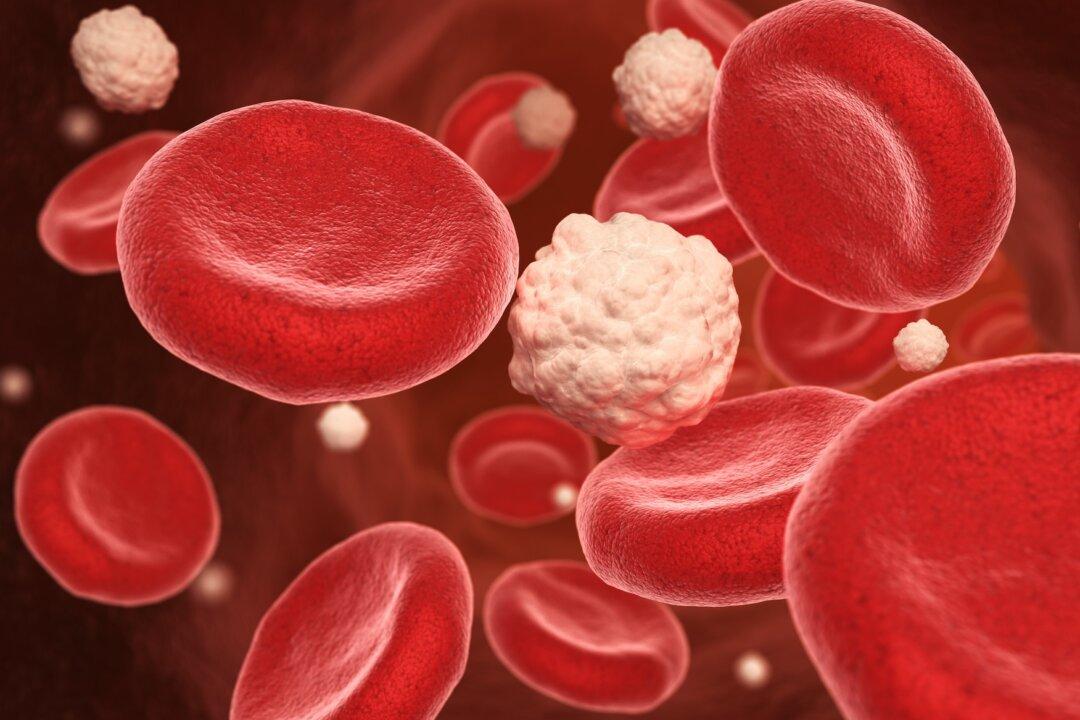While hypothyroidism, a disease of low thyroid function, is most known for causing hair loss, fatigue, and constipation, some of the most common symptoms are actually brain-based: depression, brain fog, memory loss, low motivation, anxiety, poor balance, and poor brain endurance.
Every cell in the body depends on thyroid hormones to function, and the brain’s neurons are no exception.






